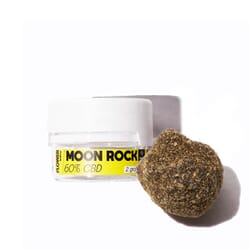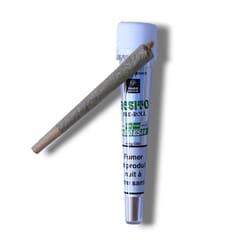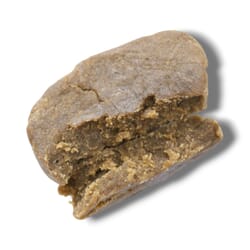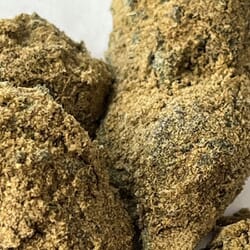What is THCP?

The tetrahydrocannabiphorol (THCP) is a molecule recently identified and studied among the many cannabinoids present in the cannabis plant. While delta-9-tetrahydrocannabinol (THC) is the most recognized cannabinoid and responsible for the psychoactive effects of cannabis, there are many other cannabinoids in the plant, each with its distinct properties and potential effects.
Here are some key points about THCP:
- Chemical structure: The main difference between THCP and THC lies in the length of their alkyl side chain. THCP has a chain with seven carbon atoms, while THC has five. This distinction could have implications for the efficiency with which each cannabinoid interacts with the body's endocannabinoid receptors.
- Affinity for CB1 receptors: Preliminary studies have suggested that THCP may have an affinity for the CB1 receptor (a type of endocannabinoid receptor) up to 30 times greater than that of THC. This could mean that THCP is much more psychoactive than THC, although further research is needed to establish the real significance of this discovery in the context of cannabis consumption.
What are the Psychoactive Effects of THCP
Psychoactive effects: Although THCP seems to have an increased affinity for CB1 receptors, the amount of this molecule present in the cannabis plant is relatively low. This means that its overall impact on the psychoactive effects of cannabis could be limited unless it is isolated and concentrated.
THCP a molecule discovered recently
Ongoing research: Since THCP is a relatively recent discovery, many questions remain about its exact effects, potential toxicity, and possible medicinal applications. Research in this field is ongoing.
It is important to note that cannabis contains a multitude of cannabinoids, terpenes, and other compounds that can act together synergistically (a phenomenon often referred to as the "entourage effect"). Therefore, the effect of a single molecule, even with increased affinity for a specific receptor, may be different when consumed in the context of the whole plant compared to isolated consumption.




